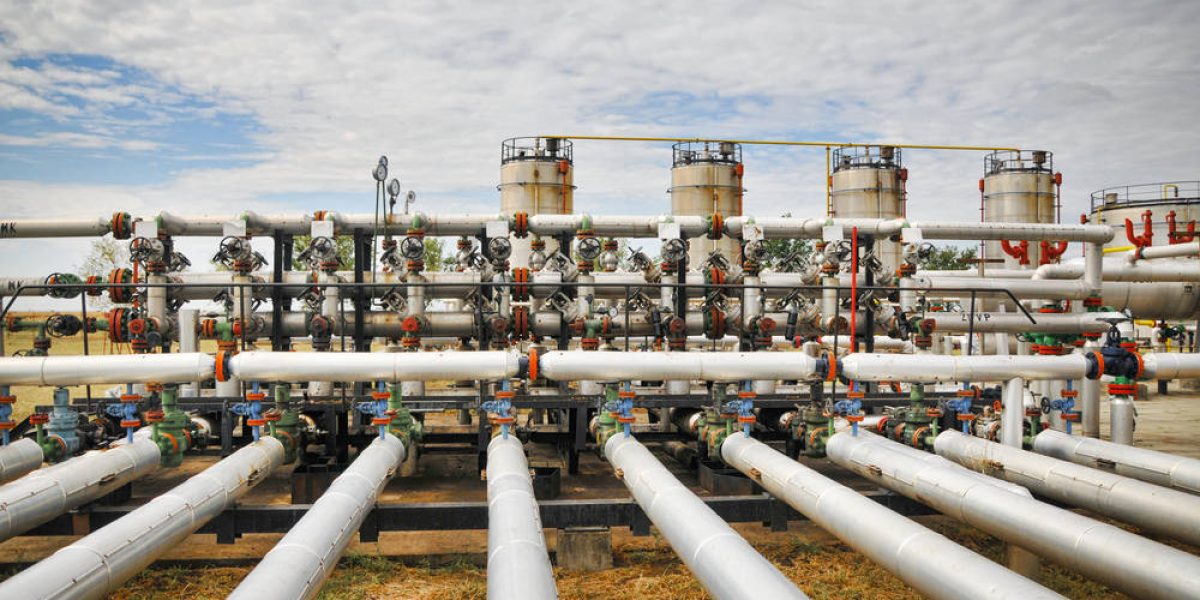In the near future, new residential properties built in the Golden State will not have natural gas fittings for indoor heating, cooking, or hot water. In 2021, the California Energy Commission will decide on the date when new construction permits will no longer allow natural gas connections; analysts believe this could take between now and the year 2025 as part of a wider plan to reduce carbon emissions in the state.
Regulations for Use of Natural Gas in New Buildings
Researchers who have advised the Energy Commission indicate that the use of natural gas in California accounts for about 10% of total greenhouse emissions. The problem with utilizing gas at home is the lack of ventilation standards; this is something that the commission will include in new building codes for 2022, but the commissioners later resolved for a complete phase-out. What this means for future homeowners who move into new construction properties is that they will have no choice but to install heat pumps and electric stoves.
State Mandates in California for Future Construction Projects
The elimination of natural gas in new residential structures follows a recent state mandate to install solar panels in all newly-built homes. By switching to fully electrified homes, California will still have to deal with the considerable carbon footprint of electricity generation, but this will be offset by the increased use of solar and wind power. We will very likely start seeing a proliferation of roof-mounted solar panels that will hopefully offset the increased consumption of electricity, but this will also require additional expenses not only for the panels and installation but also for batteries that can make the process more efficient while providing an emergency backup source when the power goes out. Ostensibly, there will be incentives for homeowners and builders to acquire electric heat pumps, but such plans will still need to be ironed out.








